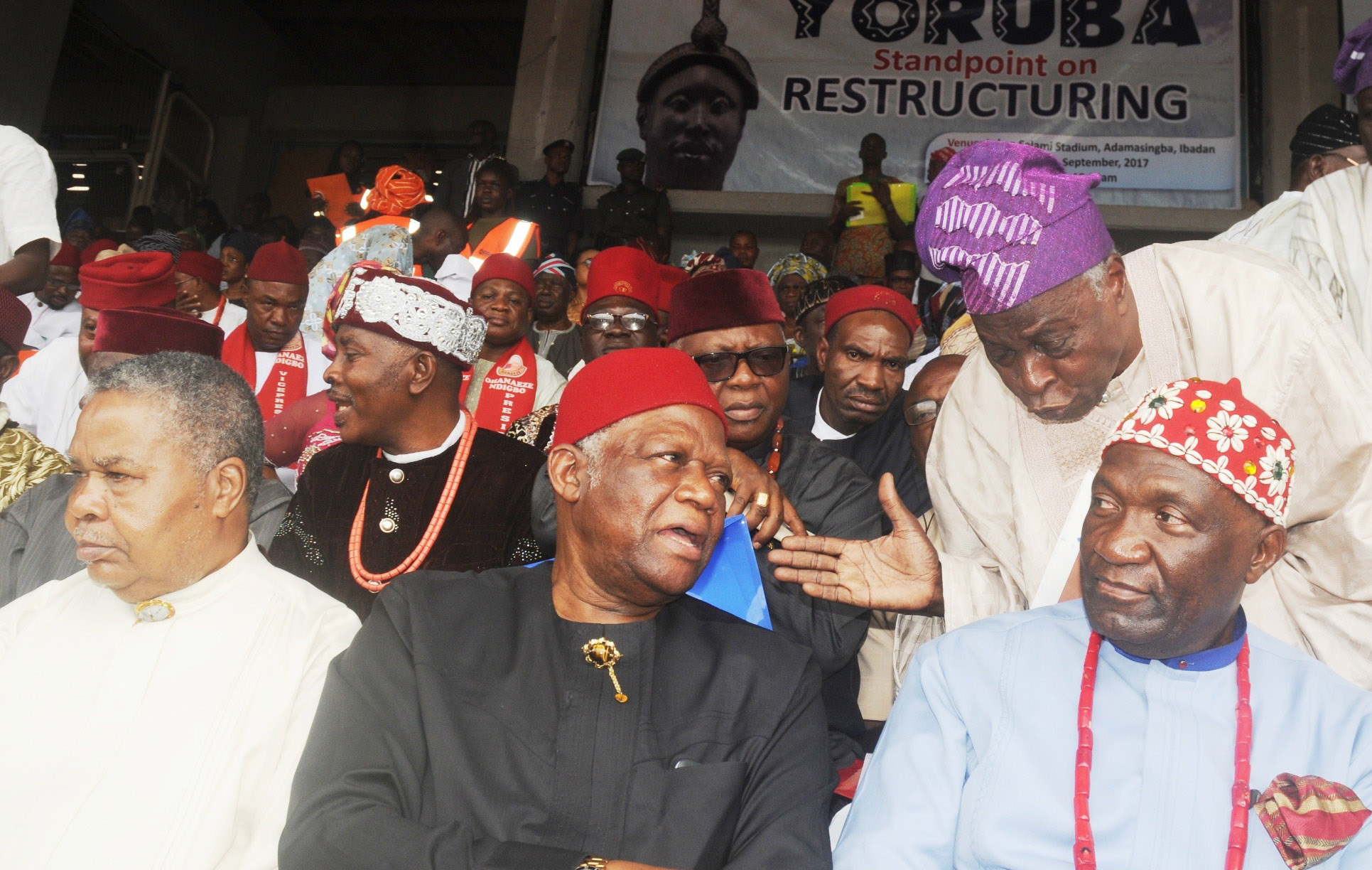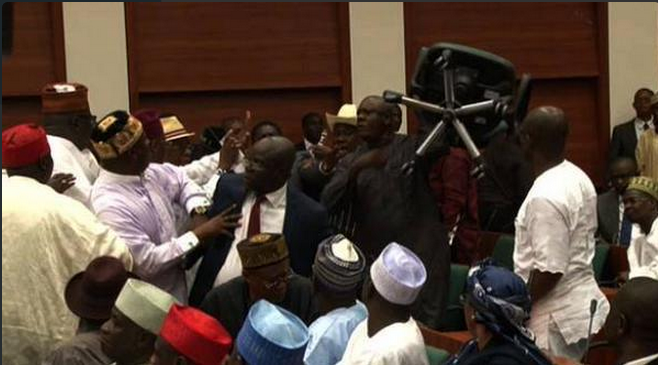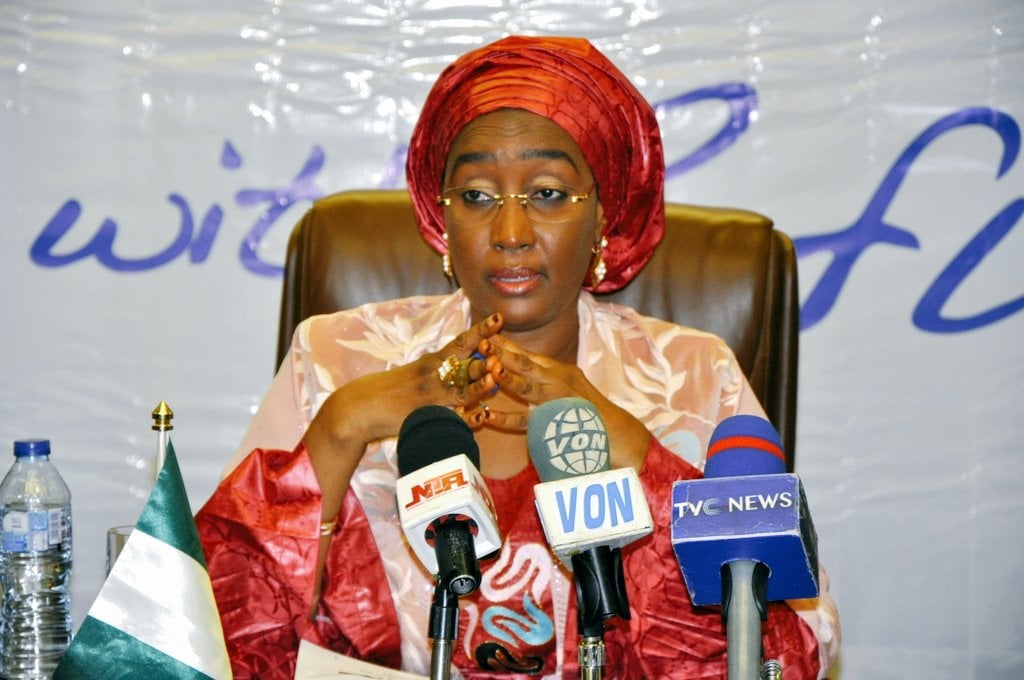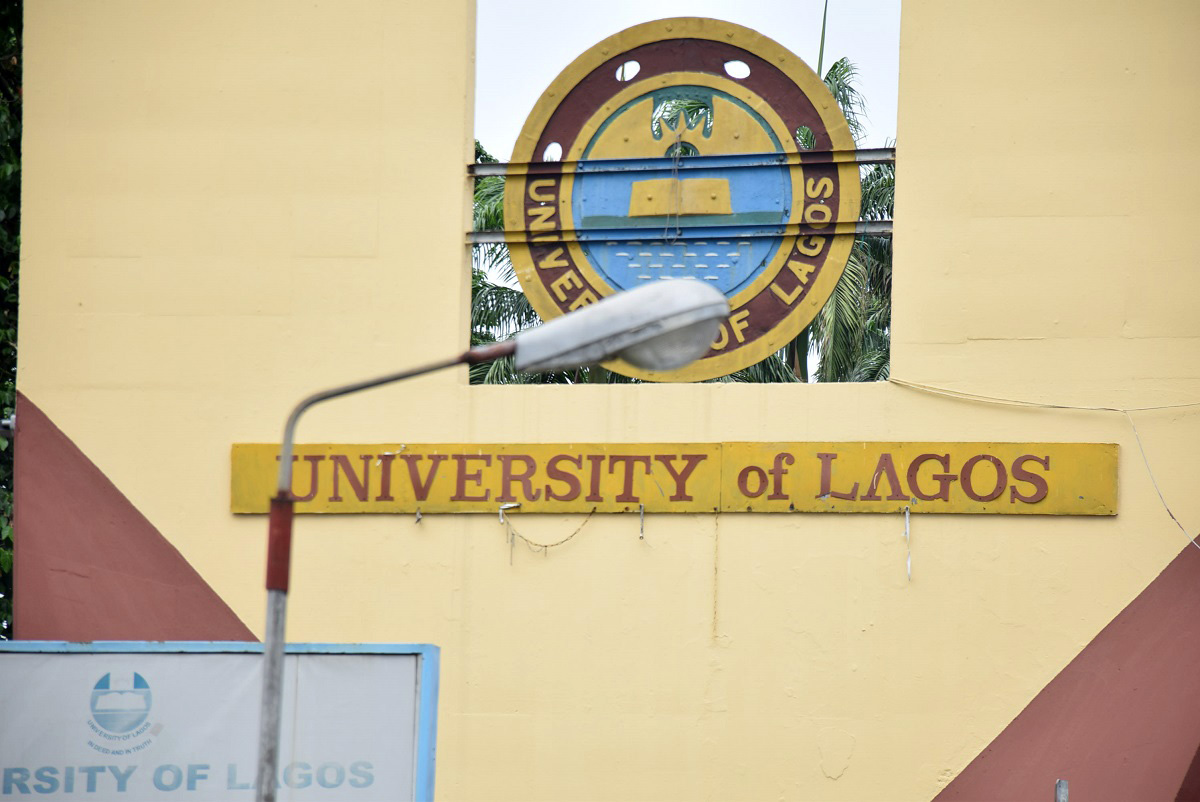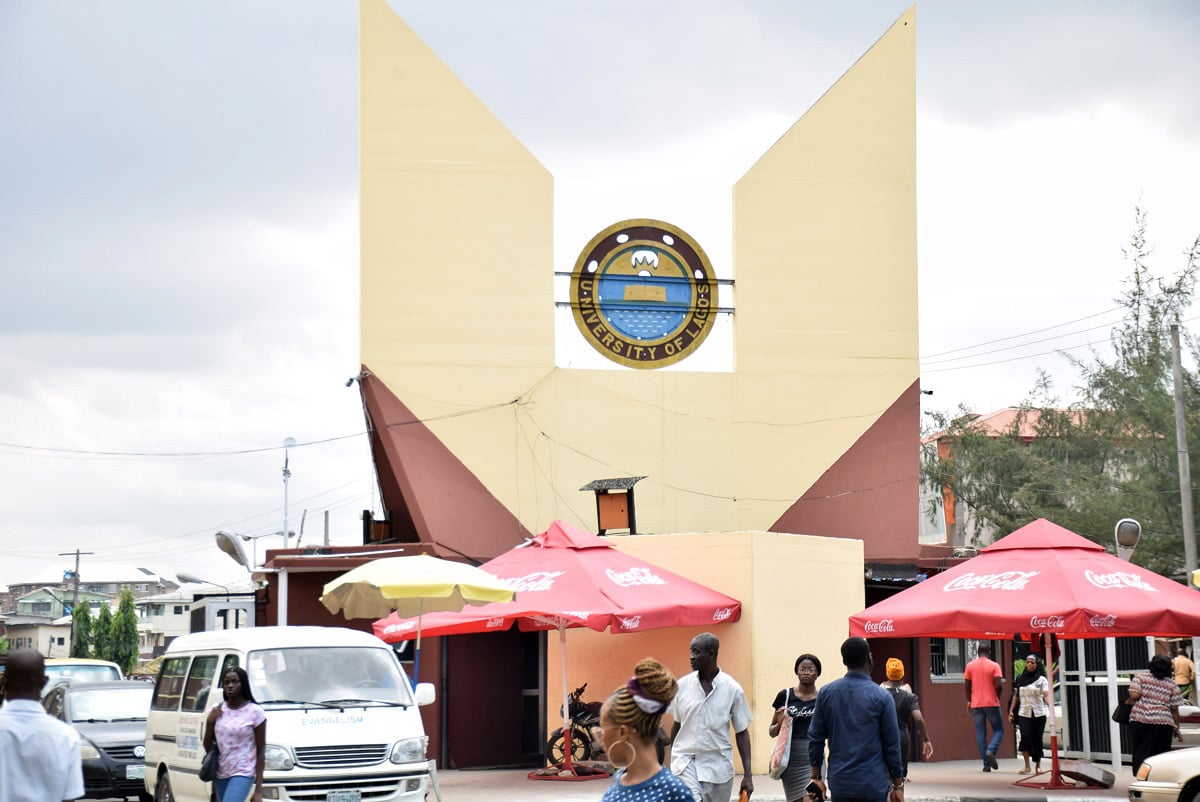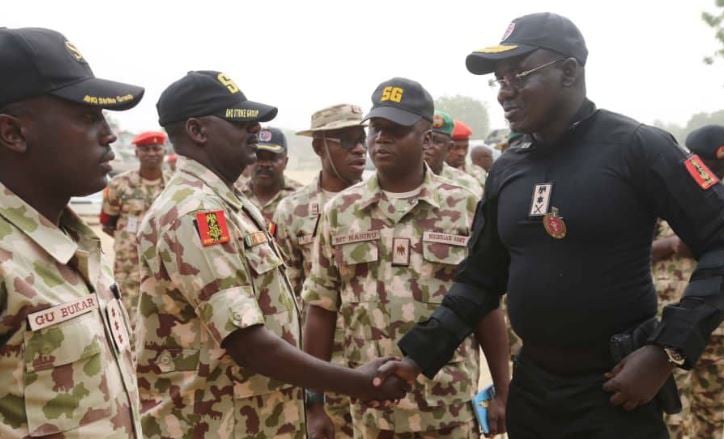Restructuring has been a recurring theme in Nigeria’s political development. Its trajectory was first set by the British as they grappled with the challenges of bringing under administrative order the entities of differing sizes and cultures they had conquered which was later christened, Nigeria.
First there was the size of the area which was far larger than their British homeland. Then there was the population and complexity of the different races and cultures that were at different stages of political and social development. And there was also the distinct challenge of attracting manpower from Britain to help run this vast area.
It was a task that will occupy the attention of the British colonial administration for most of the hundred years of its presence in Nigeria beginning with the annexation of Lagos in 1861to Independence in 1960.
And even after Independence with three constitutions, creation of states and constitutional conferences initiated by the General Sani Abacha military regime in 1995, Presidents Olusegun Obasanjo in 2005 and Goodluck Jonathan in 2014, the clamour for restructuring of the country has continued unabated. Of late the clamour has become even more strident such that no major conference or public occasion on whatever topic ends without someone making mentioning it. Indeed by the reckoning of some of its more prominent vocal canvassers restructuring of Nigeria is the silver bullet that will solve all of our problems; from the crater sized pot holes on our roads to how we earn and share out revenue across the states and tiers of government in the country. They are so convinced that their views on restructuring is the only wisdom on the subject that every other view that offers a more nuanced perspective is considered a political heresy.
Advertisement
From the tenor and content of the prevailing debate on restructuring, most views prefer that Nigeria returned to the 1963 structure of the country which had four regions; the northern region, the western region, the Midwestern region and the eastern region. The main feature in this was the federal structure which gave the regions a self-governing status with the federal government playing a kind of supervisory role. The regions retained most of the revenue they generated and remitted to the federal purse what was constitutionally agreed under the revenue sharing formula. The federal government’s major role was in defence and foreign affairs.
What is the rationale provided for this back to the future clamour by its proponents?
The current constitutional structure of Nigeria which took off from the 1999 constitution was forced on the country by military fiat and was thus not representative of the will of the people they say. The 1999 constitution reflected the will of the military which is unitarian and command oriented. Thus the need for the component parts of Nigeria to exercise their freedom under a federal structure to determine especially their fiscal choices have been subsumed under a set- up which gives more powers to the centre to the detriment of the component parts. All the arguments and clamour variously for resource control, fiscal federalism, true federalism, devolution of powers and decentralisation by its proponents fits into this strident, clarion call by the proponents of the restructuring.
But from the days when Nigeria first came under colonial rule when it was administered as three entities; the Lagos colony, the southern protectorate and the northern protectorate, right through to the amalgamation of the Lagos colony with the southern protectorate and then to the amalgamation of the northern and southern protectorates in 1914 and under the various constitutions down to Independence to the 1999 constitution, all restructuring that had taken place in Nigeria never sought to take the country back. From the first restructuring under British colonial rule to 1999 when General Abdulsalam Abubakar handed over the baton to the new civilian administration, all the constitutional developments had come in reflection of the people’s wish for a new political dispensation based on the objective political situation of the times.
Advertisement
In particular we seem to have forgotten rather conveniently that the 1963 structure which we are now clamouring for a return to was actually condemned at the time ironically by some of the people who are now calling for it! Yes some of the argument in condemnation of the 1963 structure was that it allowed too much power to the regions which made rulers of such regions to be almost like potentates putting the relatively weak federal government at their mercy and susceptible to manipulation. The premier of the northern region Sir Ahmadu Bello was resented for being too ‘’powerful’’ and was seen as a stumbling block to the ‘’unity’’ and development of the country by his insistence on northernization policy in the northern region.
Indeed it was one of the major reasons for the January 15, 1966 coup which claimed the life of Ahmadu Bello and others by coupists whose stated aim for their action was to unify the country and do away with the prevalence of ethnic and religious manipulation of Nigerians by politicians. Also in the din of the clamour for the return to the 1963 structure now, we seem to have forgotten that the truncation of the 1963 structure was welcomed heartily in certain quarters where it was proclaimed as a right step in the right direction for the development of the country. Indeed some of the personalities who welcomed the abrupt truncation hastily proceeded to provide the legal justification and framework for the take-off of the new unitary/military dispensation. Caught up in the triumphant euphoria of the coup they could not wait to reflect deeply on the implications of the sudden, brutal termination of what was a system of government that was slowly but surely crystalizing into the foundation for a future prosperous nation.
Against this background can we then say that a return to the 1963 structure is realistic and justifiable in view of the fact that Nigeria has since then gone through some very epochal political, social and economic changes that will make such a return very problematic?
If we want to be sincere with ourselves we will have to consider that while indeed as work in progress, Nigeria necessary requires some restructuring, it is pertinent however that certain basic issues have to be taken into account in the process. The most fundamental thing to understand is that restructuring of the country is not a trivial matter to be traded on the altar of primordial politicking by those who cannot let go of their deeply held ancient political grudges and feuds and whose final wish in the twilight of their existence is for this country to go up in flames perhaps in fulfilment of their morbid desire.
Restructuring should be approached and considered as a way to lay the foundation for the future of the teeming young population who constitute the majority of this young country. While it is important for us to learn the lessons of the past and how we came to where we are now as a country, we should not however burden those that will carry the task of shaping our future with the bitterness of the past. We should encourage them rather to think positively about the challenges that lie ahead of them in the necessary task of building this nation.
Advertisement
Gadu can be reached via [email protected], 08035355706 (sms only)
Views expressed by contributors are strictly personal and not of TheCable.

